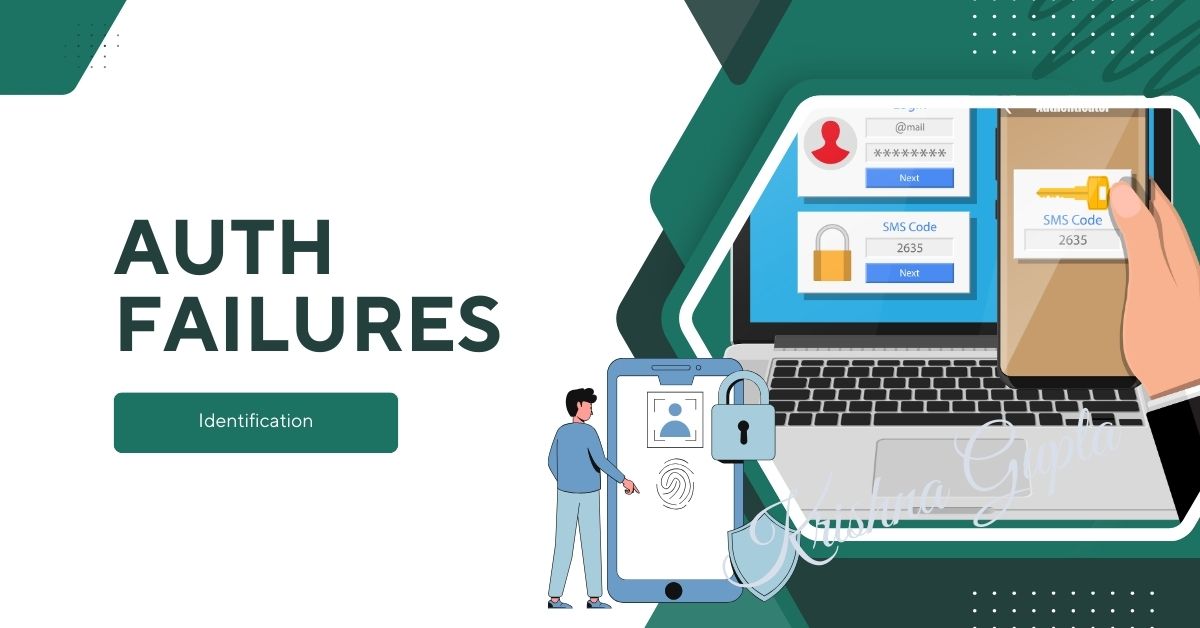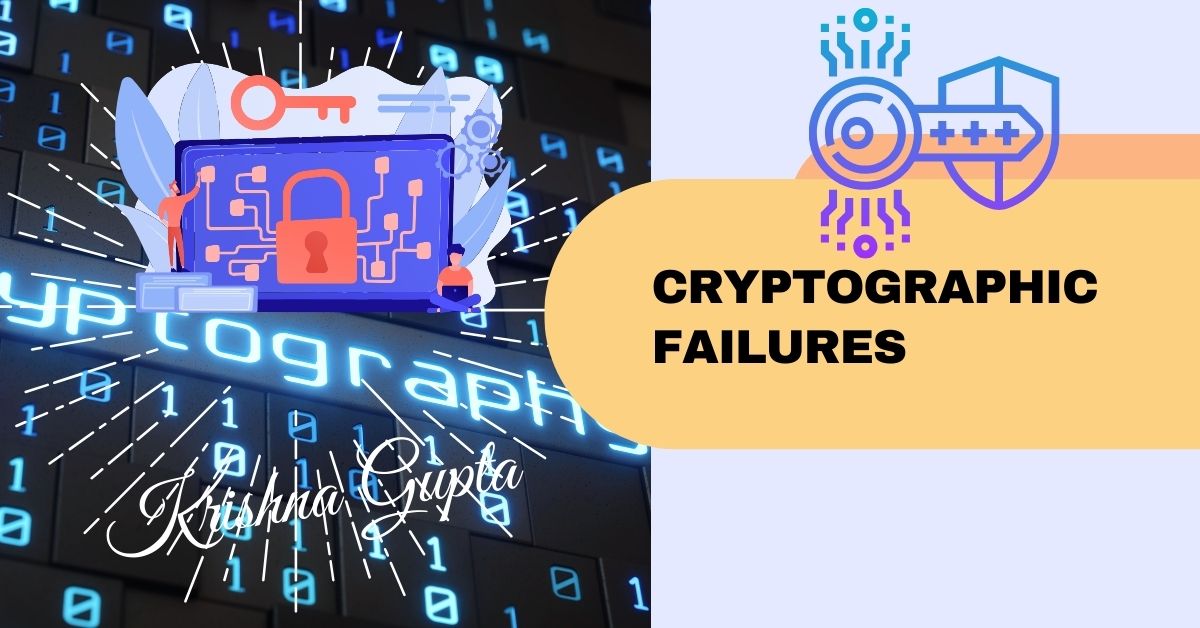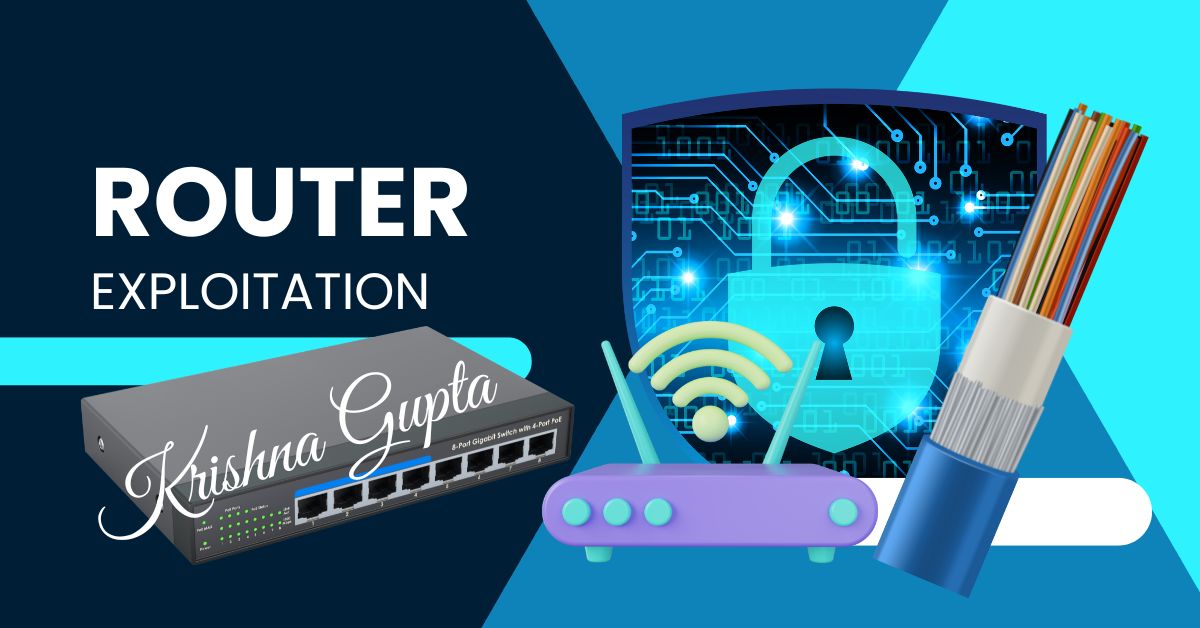Identification and Authentication Failures: Understanding and Mitigating Risks in Software Development
In the fast-paced world of software development, ensuring secure user authentication and session management is of paramount importance. As businesses become more dependent on digital platforms, the potential for cyber threats targeting authentication mechanisms increases significantly. These attacks can have far-reaching consequences, including data breaches, financial losses, and reputational damage. For software developers and architects, understanding the nuances of authentication and session management failures is essential to safeguarding user data and maintaining trust.
In the modern digital landscape, authentication is the gateway to securing sensitive information. For users to access personal or organisational data, their identities must be verified, ensuring that only authorised individuals can perform actions within an application. Session management plays an equally crucial role, ensuring that once a user has authenticated themselves, their session remains secure from external threats.




